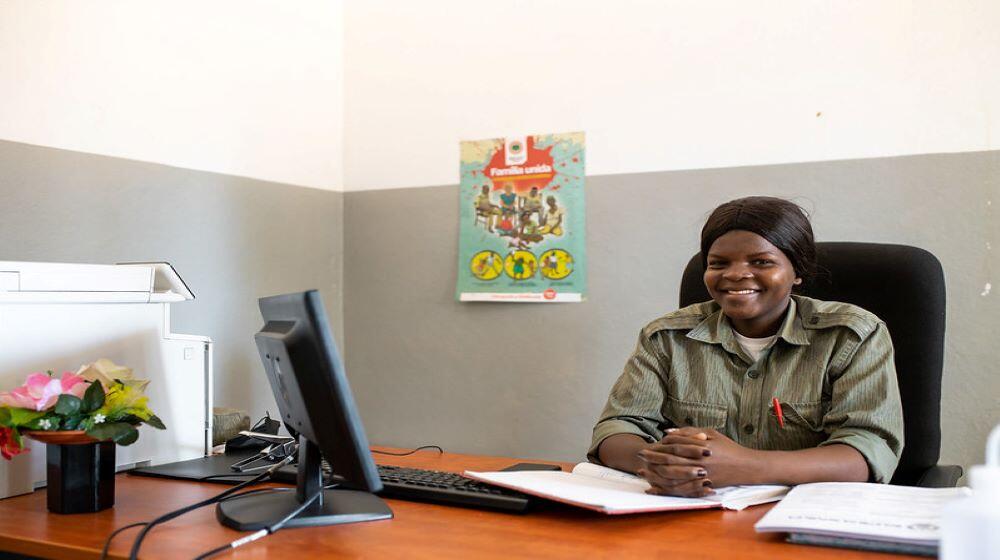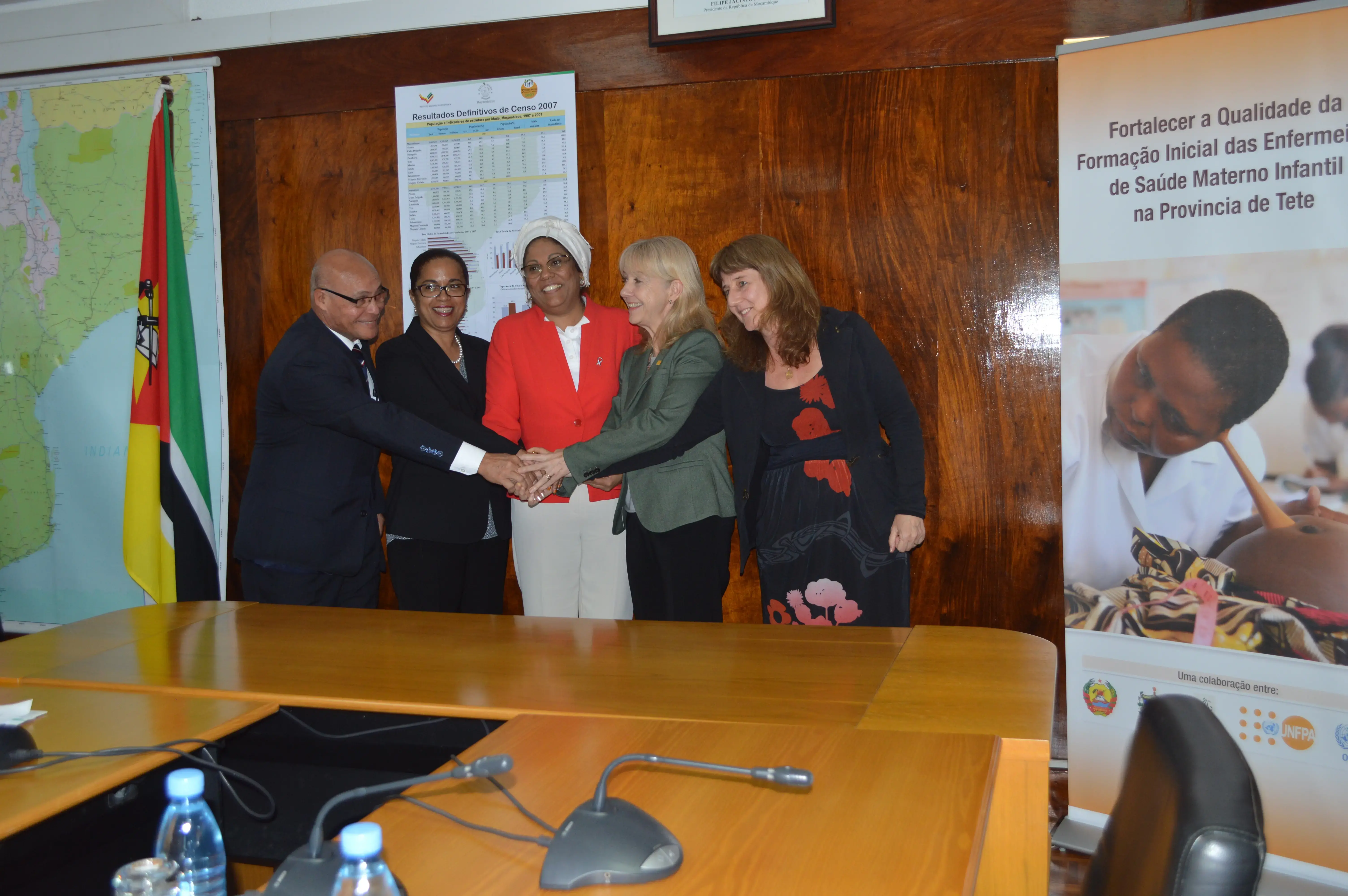Statement by UNFPA Executive Director Dr. Natalia Kanem
International Day to End Violence against Women
25 November 2021
Violence in the online world is real. It is also wrong, and it must be stopped.
It may seem like the online world is safe for women and girls. What could possibly happen, at home or in school or in an office, simply sitting in front of a computer?
A lot, it turns out. Digital violence is devastatingly rampant. It is relentless, borderless, and often anonymous. By one count, 85 per cent of women online have experienced it or witnessed it. Survivors may suffer fear, depression, and suicidal thoughts, just as they do with other forms of violence.
Digital violence takes many forms. Perpetrators may threaten and stalk women online. They may, without permission, attach pictures of women’s and girls’ faces to sexualized bodies and share them widely over social media, for years. Vicious online campaigns of hate speech and abuse target women with public roles, such as politicians and journalists as well as women’s rights activists.
While we know that a lot of digital violence is happening, we do not yet know enough about it. To stop it, we need to do more to define and measure it. We must better understand what forms it takes, what impact it has, and what works to respond to and prevent it.
Wherever violence against women and girls occurs, it is a violation of human rights. Every year, on November 25, the International Day to End Violence against Women and Girls, and through the UN Secretary-General’s UNiTE by 2030 to End Violence Against Women Campaign, UNFPA takes a stand against all forms of violence. This year, we are calling on people everywhere to stop violence in the digital realm.
In our increasingly online world, there are too many risks if we do not. Beyond the obvious threats to mental health and physical safety, digital violence is driving women offline because they cannot otherwise escape from it. When girls interrupt their education or elected women parliamentarians cannot carry out their duties because of a torrent of online assaults, they suffer violations of their rights. We all lose their capabilities and leadership in our societies.
For these reasons, UNFPA is pushing governments and technology companies to take the lead in halting digital violence. We are calling on legislators, journalists, civil society, and those with influence to speak out, stand up and take action. One simple yet devastating fact is that women around the world currently have fewer ways to protect themselves online than copyrighted intellectual property. Violating a copyright can result in immediate removal of materials and criminal and civil penalties. Women and girls facing the non-consensual sharing of their images should have even more vigorous protections.
Digital violence cuts across borders and regulatory systems. Stopping it will require new ways of thinking and new forms of collaboration among regulators, tech firms, digital activists, and women’s rights advocates. A special focus is needed on young people whose rapid uptake of technology puts them at higher risk. They must have the information and the means to fully protect themselves, especially young girls.
Every day, more people, services, and activities are moving online. That means more violence is happening to more women and girls. We must recognize the scope of this crisis and not delay action for even one more day. The right to live free from violence applies everywhere and does not disappear with an Internet connection. The virtual is real. It must be safe.



